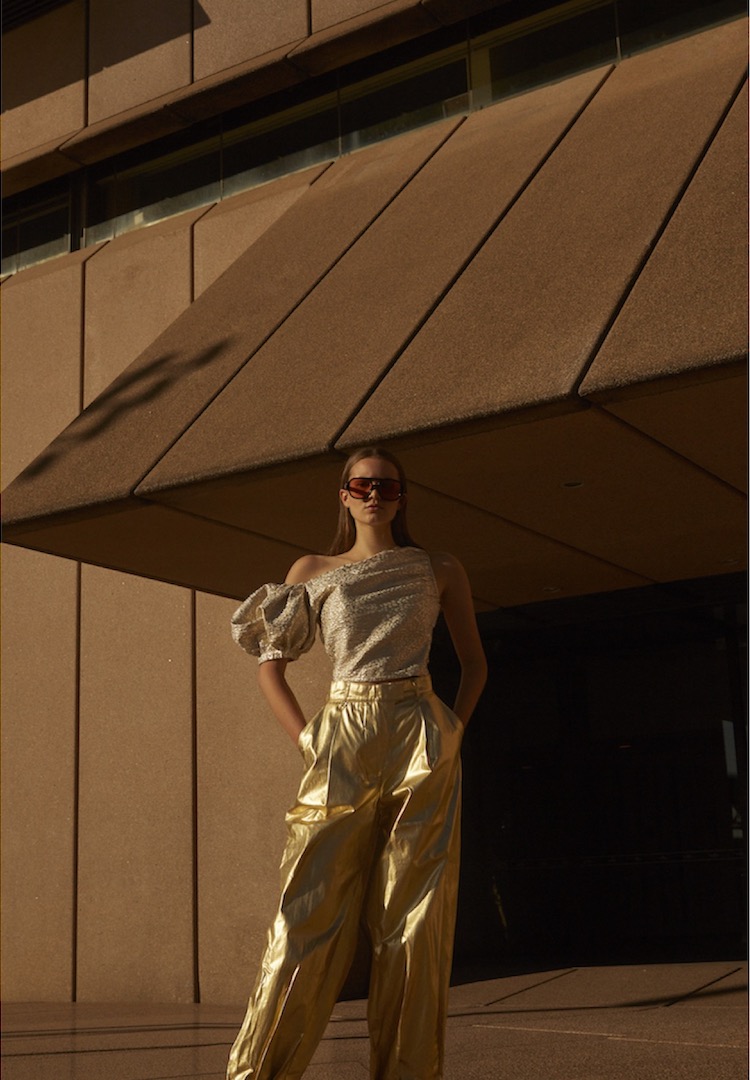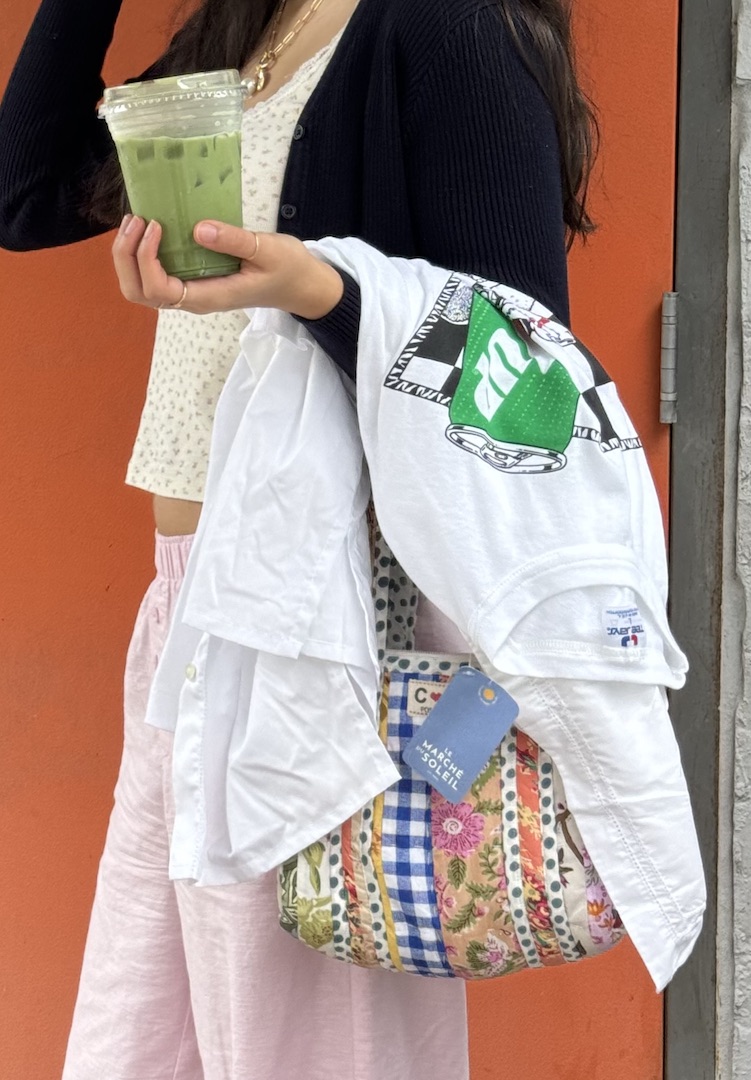What even is ethical investing? I asked the CEO of Verve Super
Photography by Hayley Pease
Words by Isabelle Sacks
Your money has power.
With the stock market (or stonk market as it’s now called) in the news over the past few weeks following the GameStop saga, I’ve been thinking a lot about the collective power we have to change the current economic incentives through investing.
- Ethical super funds invest their money in ways that are socially responsible or ethical
- Your personal values impact what you view as ethical, but generally, ethical super funds don’t tend to invest in industries like coal mining, fossil fuel production and tobacco
Surely if Redditors can come together to screw over hedge fund managers, we could theoretically bring that same energy to empower women-led businesses, make sustainable corporate governance an imperative, and shun companies that don’t pay their workers a living wage.
Looking to procrastinate in a productive way? Subscribe here and we’ll send more great reads straight to your inbox.
To find out more about ethical investing, I spoke to Verve Super’s CEO, Christina Hobbs. Verve Super is an ethical super fund created by and for women. It was founded partially to mitigate the fact that Australian women retire with 35 per cent less super than men, and is dedicated to building the wealth and financial power of women.
Ok, but what does ethical investing actually mean?
It turns out the answer is a little messy. The term isn’t regulated at all, which means that often we can be subject to greenwashing when we’re looking for ethical options.
Christina says she’s seen super funds labelled as ‘ethical’ or ‘green’ that still invest in fossil fuels and weapons manufacturing because the companies are considered to be acting in a way that is ‘socially responsible’.
Broadly, ethical investing is all about aligning your personal moral compass with your investment portfolio. This can be through the approach of mitigating harm, where you choose not to put money into harmful and destructive industries like fossil fuel, detention centres, live animal export, nuclear and armaments, tobacco or gambling.
Or, it can be through ‘impact investing’, where you choose to buy into companies or industries whose causes, corporate conduct, and vision of the world you want to champion.
You’re voting with your dollars at the end of the day
When we think about voting with our dollars, often what comes to mind is our choices as consumers. Did you go for that sunscreen that won’t contribute to coral bleaching?
Did you skip on that fast fashion brand that is known to manufacture its garments using slave labour? Did you decide to purchase from that First Nations-owned brand because you want to support our Indigenous community?
These choices are important, but in reality, much of our power in the economy comes down to our contribution to larger institutions like super funds and banks.
“Superannuation will soon control over half of the Australian stock market,” Christina explains. “And for many of us, the money we invest in super will actually be the largest contribution that we’ll have to determine which companies we support to thrive in the future.”
How do you do it?
Essentially, it requires a little bit of thinking and a little bit of research. You first need to ask yourself what ESG (environmental, social, and governance) standards you’re comfortable with.
You may want to dig into your superannuation fund and your bank to see how they’re using your money and whether they align with your values.
If you’re one of the 9 million Australian adults who hold investments outside your home and super or are looking at developing an investment portfolio, and you don’t have the time or the inclination to do research on individual companies, values-based managed funds, ETFs and index funds can be a more accessible option.
Ethics and profits are not mutually exclusive
I asked Christina about the perception that choosing to ethically invest means losing out on profits, but she told me that the research says that the opposite is actually true. “Ethical funds over the short-term, medium-term and long-term actually outperform the market,” she says.
Investing using an ethical lens can also be seen as a way of future-proofing your investments. If you’re looking to let them build value long-term, you don’t want them to be in a company or an industry that will be irrelevant in five, 10, or 30 years.
“Verve is actually one of the only super funds in Australia that doesn’t invest in fossil fuels,” Christina says. “We do that for moral reasons, but we also do it for real economic reasons – because we think that these companies are significantly overvalued.”
One thing to keep in mind is that you might have to pay a premium if you opt for an ethical super fund. “[This is] because it actually takes quite a lot of work to look at every single company in detail and determine if they’ve got good corporate regulation and environmental standards. But the effort really pays off, because these companies are now actually outperforming,” Christina explains.
At the end of the day, money talks. Where we choose to invest our money has a real impact on shaping the way that companies operate, and for me, having the peace of mind that I’m going to be incentivising ‘good’ companies is more than worth it.
To find out more about Verve Super, head here.













